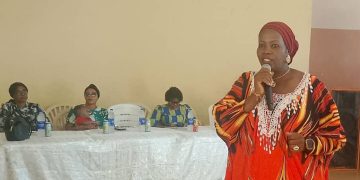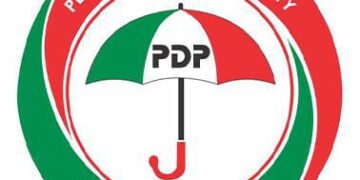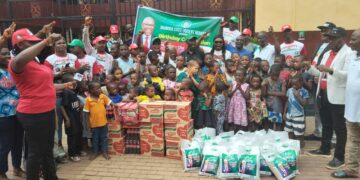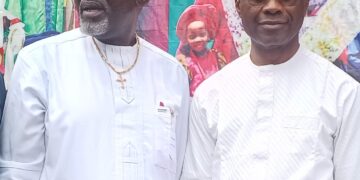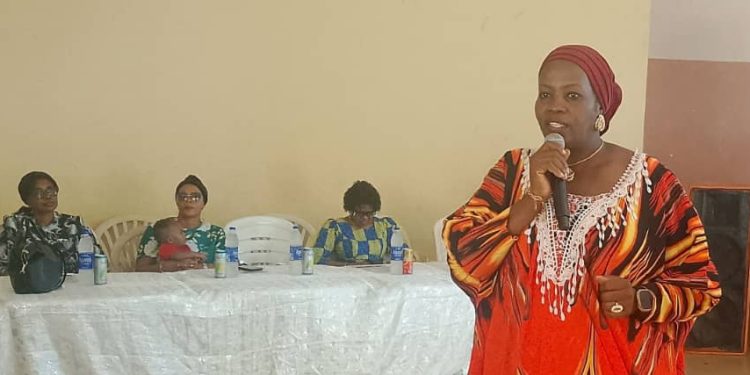Expert Seeks Legislation On Affordable Sanitary Products For Nigerian Girls
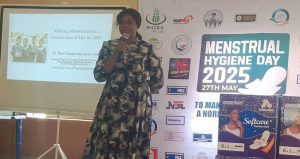
Dr Nkiru Ezeama, Public Health Physician has called on government at all levels to make laws that will make menstrual and sanitary health affordable and accessible to girls of reproductive age in Nigeria.
Ezeama made the call at a symposium organised for schoolgirls by ZOBAM Charity Foundation in partnership with Creative Ladies Global Resources, to mark 2025 Menstrual Hygiene Day in Awka on Wednesday.
She said young girls should be proud of menstruation as it was a natural sign of health and womanhood.
The 2025 Menstrual Health Day has the theme – ‘Making Menstruation a Normal Part of Life by 2030’.
The expert described menstruation as a natural biological process which involved the monthly discharge of blood, which begins when a girl reaches puberty.
“Menstruation is a normal part of life that signals womanhood and over 1.8 billion women and girls menstruate all over the world.
“So, it is nothing to be ashamed of because it is a sign of health and womanhood. A woman who does not see her menstruation should go seek medical help.
“There is need to normalise menstruation so that girls and women can talk about it freely without shame, to break stigma, silence and cultural taboos.
“Our government should legislate policy to make it affordable or free in the country as well as provide facilities such as toilets and cleaning water in schools and public places,” she said.
Ezeama said it was worrisome that no fewer 500 million girls and women lack access to sanitary products, often forcing them to use unhygienic alternatives.
She said the unhygienic menstrual products could cause discomfort, infections, reproductive health issues later in life.
“Many girls and women in Nigeria cannot afford sanitary products costing between N1,000 and N2,000 each month due to period poverty.
“This challenge often leads to girls missing school, reduced participation in sports and lower academic performance.
“It is important to incorporate comprehensive menstrual health education into the school curriculum to equip girls with knowledge about puberty, menstrual hygiene, sexuality, and reproductive health,” she said.
Prof. Stella Okunna, Nigeria’s first female professor of Mass Communication, said menstruation is a source of pride, marking the start of womanhood and motherhood.
Earlier in her address, Mrs Maureen Okolieukwu, Convener of ZOBAM Charity Foundation, said she launched the initiative in 2018 to teach schoolgirls how to make reusable menstrual products.
“As a mother of girls, I understand the monthly cost of sanitary products. That is why I started this programme, to help girls and women save money and practice good menstrual hygiene,” she said.
The symposium also featured a workshop on making reusable sanitary pads and the distribution of free sanitary products to schoolgirls.
World Menstrual Health Day is marked every May 28 to raise awareness on issues faced by women and girls who do not have access to sanitary health.
